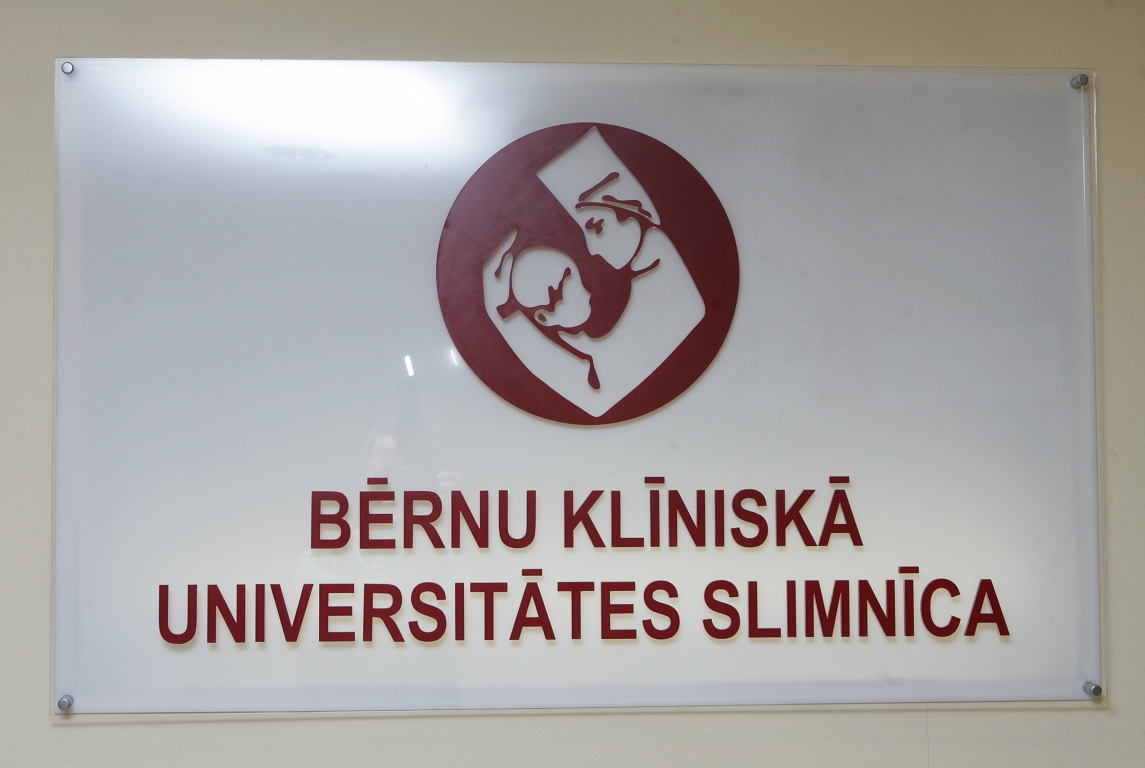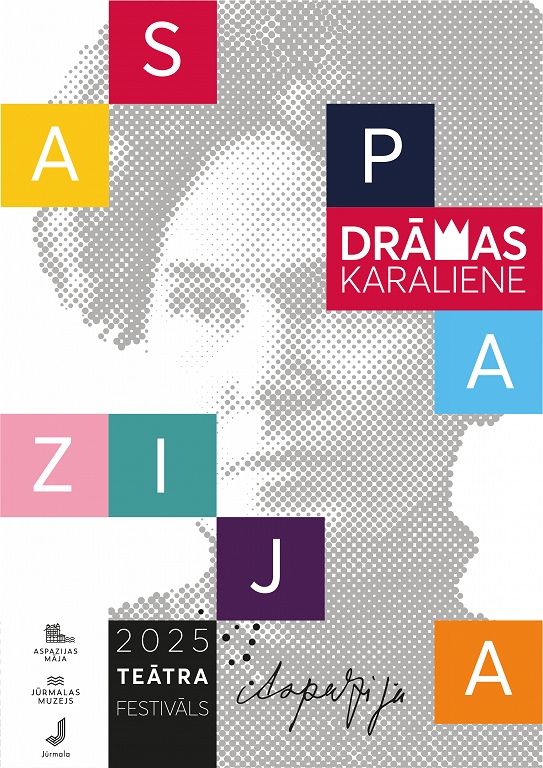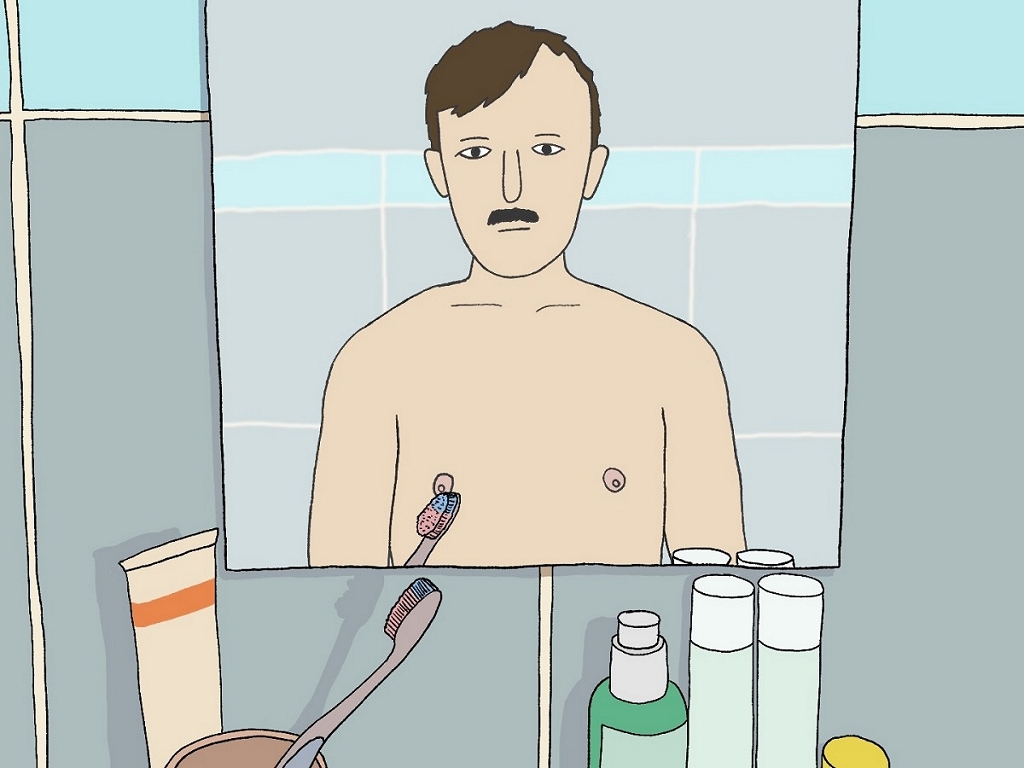Continuing to increase the number of affected children, the condition affected by six E.coli is evaluated as a severe / day

On Tuesday, 10 hospitalized children were reported. As confirmed by BKUS, there are already 15 children with this infection on Wednesday. One child continues to be treated in the Intensive Care Unit, while another 14 is treated in another hospital unit. The condition of all patients is stable.
Two adults, one of whom are inpatient, have also fallen ill.
It has already been reported that cases of this intestinal stick infection have been recorded in Riga, Adazi, Sigulda, South Kurzeme and Salaspils.
The Center for Disease Prevention and Control (SPCC), in cooperation with the Food and Veterinary Service (FVS), is continuing an epidemiological examination as the cause of the disease is still in search of the cause of the disease. The SKPKC also cooperates with the affected preschools and family doctors who experience children with symptoms of acute intestinal infection.
The FVS previously informed that investigations had been carried out in the catering block of Riga 170, Riga 104th pre -school educational institution at the point of food distribution, which is supplied from the Riga preschool educational institution « Laitina », « Laitina » catering block, Riga 132. In the catering block of the youth center « Auseklis », in the catering unit of Riga preschool educational institution « Zīļuks », Riga 241st pre -school educational institution in the catering block, as well as in the catering block of Riga preschool educational institution « Zilbīte ».
All of these educational institutions provided « Jacques-2 » or the Gardridis general partnership, formed by « Jacques-2 » and SIA « Deliment », according to information provided by the FVS. The biggest owner of both companies is Jeanne Gayevsky.
Ilona Dreimane, a technologist at Jaks-2, revealed to LETA that the company is currently working with the SPCC and PVD to find the cause of the disease and prevent its spread.
Similarly, Salaspils 1st Pre -school Kindergarten « Saulīte » catering block has been tested.
The SPCC explains that all people and animals in the gut have bacteria called Escherichia coli (E. coli) or intestinal stick. They are part of our normal bacterial flora and usually harmless. However, there are specific strains of E. coli, which are able to form toxins or poisonous substances and cause serious illness.
These strains are called Stec/VTEC (E. Coli, a toxin or Verotoxin). They can cause severe, bloody diarrhea, which in some cases causes acute renal failure, which requires intensive care.
The main reservoir of these strains is herbivorous animals, especially cattle. The cause is excreted from the animal or from the human body with feces. A person can become infected by consuming infected foods, under -heat -treated beef, uncooked milk, unwashed or raw fruits or vegetables. Transfer of infection directly from person to person is also possible.
The SPCC reminds food to be treated for a thermally, rinse under running water, and in particular products that will not be heated before consumption. If the symptoms of infection occur – cramping abdominal pain or bloody diarrhea should be contacted immediately.
In Latvia, this infection was recorded last year in 42 cases. On average, four to five cases of this infection are recorded per month, the SPCC points out.








